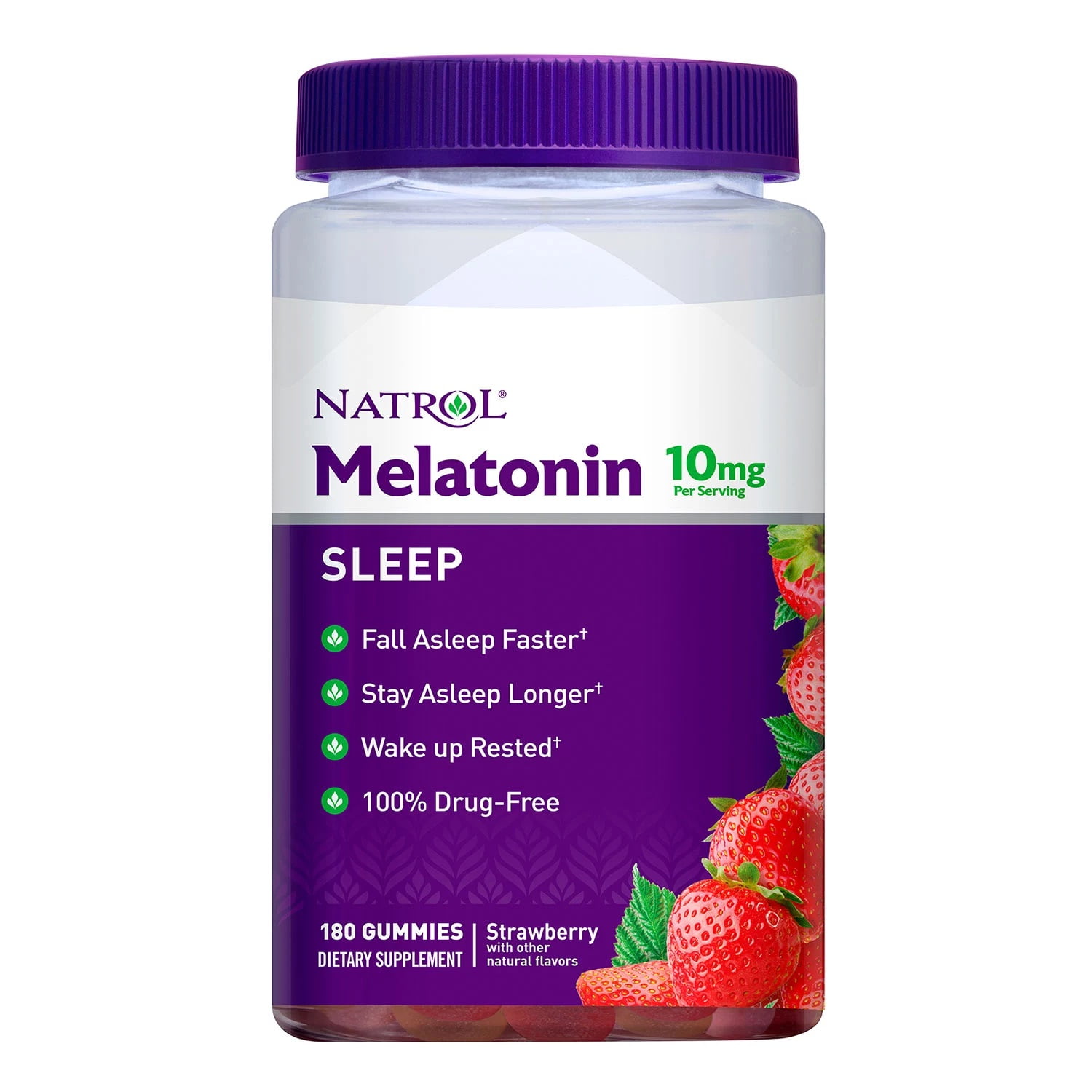


More research is necessary to confirm whether such products are safe in the long term.Īlso, the Food and Drug Administration (FDA) regulates supplements less strictly than prescription or over-the-counter drugs. Some people claim that the supplements help, but it is important to note that scientists are not yet sure whether they are effective. They may also be useful for children with sleep problems relating to long-term health conditions, such as atopic dermatitis, asthma, attention deficit hyperactivity disorder (ADHD), or autism spectrum disorder (ASD). Manufacturers usually produce them in a lab.Īccording to the National Center for Complementary and Integrative Health, melatonin supplements might help certain people sleep better, including those with jet lag, anxiety before or after surgery, or delayed sleep-wake phase disorder (DSWPD). Melatonin supplements work by boosting the levels of this hormone. Furthermore, as people get older, they start to produce less melatonin. Sleep disorders, working at night, and jet lag are all examples. Many factors can influence how the body produces melatonin. Melatonin enters the bloodstream and sends a signal to all the bodily processes that it is time to get ready to sleep. This hormone regulates the body’s internal clock, or circadian rhythm. The brain makes melatonin in response to darkness and stops making it when exposed to light. Melatonin is a hormone that doctors sometimes call the sleep hormone.


 0 kommentar(er)
0 kommentar(er)
